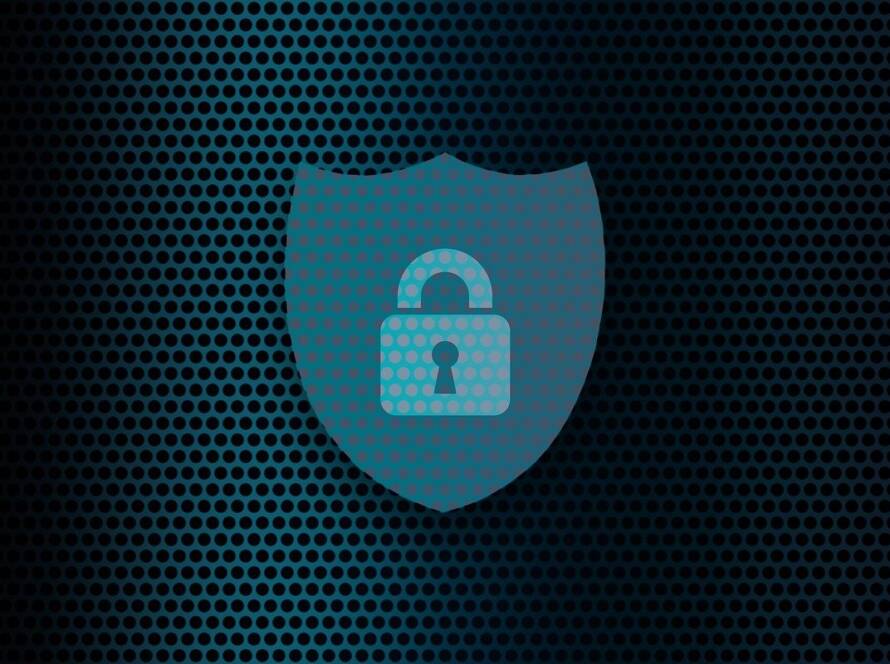 As a business owner, you rely on your WiFi router to reliably broadcast a network connection to your entire office. This is generally a private network that you won’t want to share with just anyone. The only problem with this is that guests visiting your office might want to use the wireless Internet and allowing them to do so can improve guest relations.
As a business owner, you rely on your WiFi router to reliably broadcast a network connection to your entire office. This is generally a private network that you won’t want to share with just anyone. The only problem with this is that guests visiting your office might want to use the wireless Internet and allowing them to do so can improve guest relations.
So what’s the solution to this dilemma? It’s simple: integrate a guest WiFi hotspot specifically for visitors.
When you consider the prevalence of public WiFi hotspots, you’ll realize that this is a great idea that can dramatically increase customer satisfaction. Fast food restaurants and cafes are seeing this as customers come in to use their wireless, but in the process also wind up purchasing food or coffee. Guest WiFi hotspots work for the service-type industries and translating this to the professional environment might be a bit of a stretch. Because you’d rather have only trusted users accessing your organization’s private wireless network, it’s best to set up a guest wireless network that they can use to access the Internet, but not the rest of the network.
Here’s a process that you can use to approach the idea of a guest WiFi hotspot.
How’s Your Internet Connection?
It goes without saying that your business wants a strong, stable wireless connection that it can use for Internet access. So before you consider allowing even more users to connect to your wireless, make sure that your Internet connection can withstand more traffic on it than normal. How many users will be taking advantage of it at any given moment? Is it going to be meant for just simple web browsing or will it be used for streaming music, videos, and other content? Consider these questions carefully and ensure that your Internet can accommodate more users than you anticipate. This will minimize any risks of the network speed grinding to a halt when you need it most. Some guest WiFi solutions even let you restrict bandwidth per user, allowing you greater control over your bandwidth.
Use Consistent Security Measures
Just because you have a wireless signal for guests, doesn’t mean it needs to go without security protocol. It should be set up to require a password that is provided by someone in your office. Otherwise, you might get any number of miscreants trying to leech your wireless signal without your consent. This gives your organization a semblance of control over the network while still having it available for users when the need arises. Similarly, you should keep an antivirus, firewall, content filter, and other security measures active on your network to prevent incriminating content from being browsed from your WiFi location. There are even WiFi solutions that enforce users to have antivirus running on their device before letting them connect, as added protection.
(Image Source: iCLIPART)


